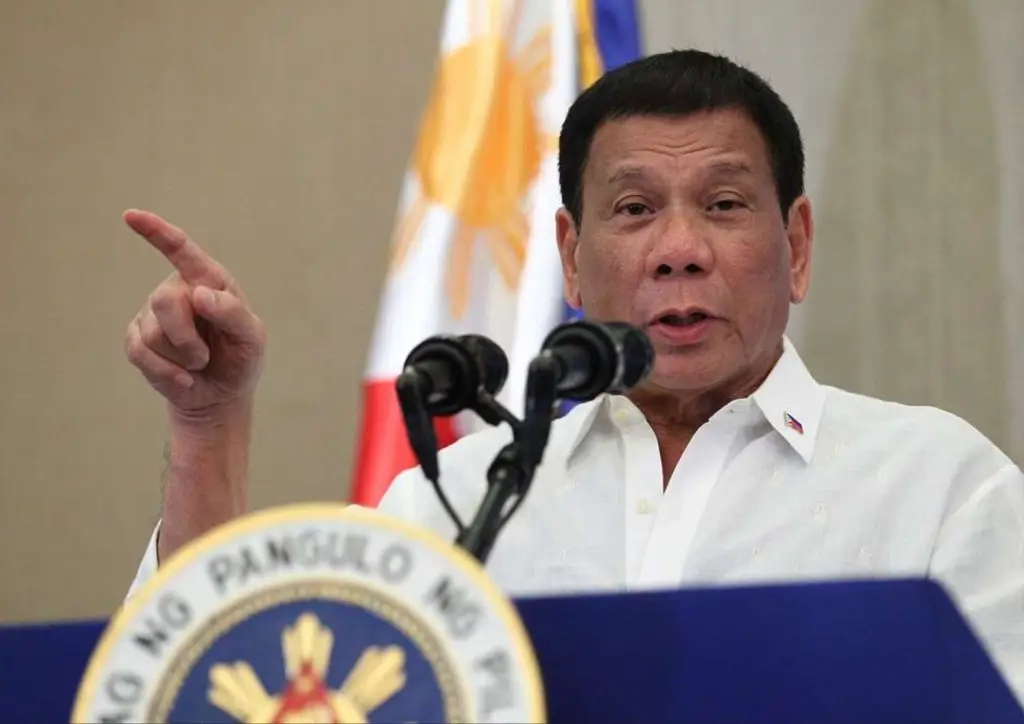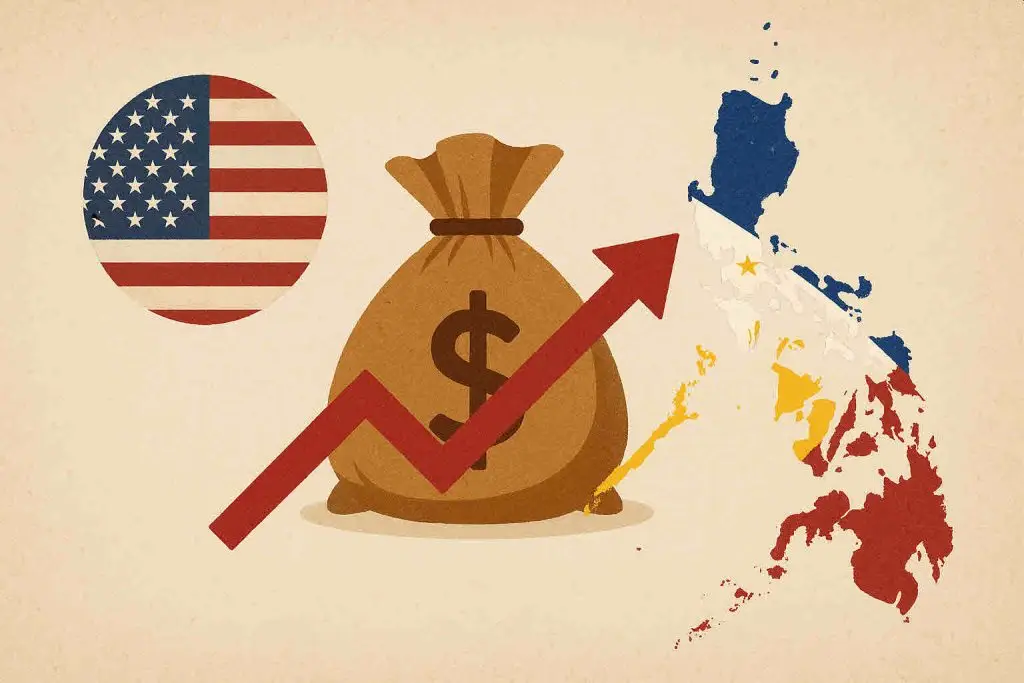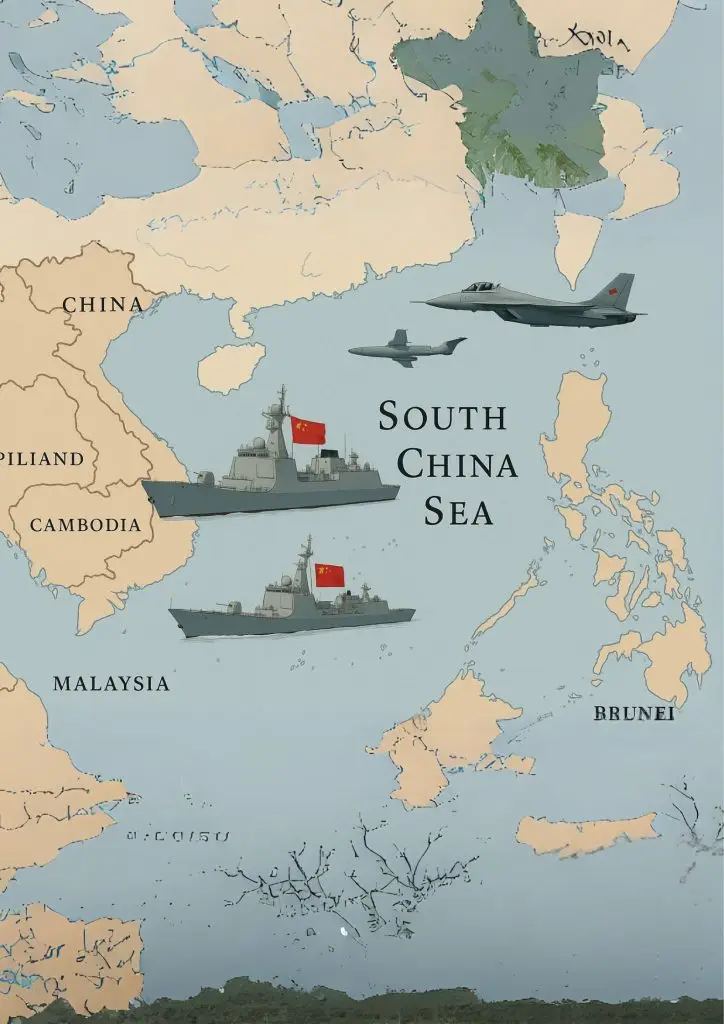
Could Rodrigo Duterte be convicted by the ICC? This analysis breaks down the case, evidence, legal hurdles, and possible penalties—including life imprisonment.
Not unexpectedly, it is proving difficult for international law experts to presage statistical probabilities of Rodrigo Duterte’s conviction or acquittal by the ICC, due to, among other things, the uniqueness of the venue itself. The outcome depends on multiple complex and unpredictable factors, including strength of evidence, quality of legal arguments, political influences, origin country cooperations, and judicial discretion. Also, legal proceedings at The Hague are not easily reducible to arithmetic prospects in view of the court’s unusual structural nature and the limited number of comparable cases.
Factors Influencing the Likelihood of Conviction
Strength of Evidence
The ICC’s action against Duterte hinges on allegations of crimes against humanity, specifically murder, committed between November 1, 2011, and March 16, 2019, during his tenure as Mayor of Davao City and President of the Philippines. The prosecution alleges Duterte was responsible for a widespread and systematic attack against civilians through his “war on drugs”, including extrajudicial killings linked to the Davao Death Squad and national anti-drug operations.
The prosecution has gathered extensive evidence, including Duterte’s public admissions during congressional hearings in November 2024, where he publicly acknowledged commanding a death squad in Davao City. Additional, similar statements strengthen the prosecution’s case by demonstrating intent and responsibility.
The defense may attempt to argue that the killings were not state-orchestrated, attributing them to rogue police officers or vigilantes, or challenge the reliability of witnesses and evidence. And although the ICC’s Pre-Trial Chamber found “reasonable grounds” to issue an arrest warrant, conviction requires evidence proving guilt beyond a reasonable doubt, a higher standard.
ICC’s Track Record
Since its establishment in 2002, the ICC has handled 31 cases, resulting in 10 convictions and 4 acquittals, with a conviction-to-acquittal ratio of approximately 2.5 – 1. However, most convictions have targeted mostly mid-level respondents like Congolese Thomas Lubanga, rather than heads of state.
High-profile cases against national leaders, such as Kenya’s Uhuru Kenyatta, have often failed due to origin country non-cooperation, witness tampering / intimidation, or insufficient evidence. Duterte’s case may have a stronger chance because he is out of power, in custody, and lacks strong international allies, reducing the likelihood of obstruction.
The ICC’s low conviction rate (approximately 32% of cases result in convictions) and challenges in securing high-level guilty verdicts suggest that success is far from guaranteed, though Duterte’s custody and the volume of evidence improve the prosecution’s prospects compared to cases like those against Vladimir Putin or Benjamin Netanyahu, where arrests are unlikely.
Jurisdictional and Legal Challenges
Duterte’s defense may continue to argue that the ICC lacks jurisdiction because the Philippines withdrew from the Rome Statute in 2019. However, the Rome statute is clear that the court holds authority over crimes committed during the Philippines’ membership (November 2011–March 2019), which covers the period of the alleged crimes.
The defense could also claim that the Philippine judiciary was addressing the issue, invoking the principle of complementarity – where the ICC steps in only if national authorities are unwilling or unable) – but The Hague Tribunal has already dismissed this argument, declaring the Philippines’ domestic investigations were insufficient after extensive investigation.
Duterte’s age (80) and potential health issues could delay proceedings, as well. The ICC has convicted elderly defendants before, and a court-appointed doctor assessed Duterte as “fully mentally aware and fit” to stand trial.
Political Context
Duterte’s arrest was facilitated by the current Philippine administration under President Ferdinand Marcos Jr., amid a feud with the Duterte family. This political shift reduced origin country resistance to ICC cooperation, unlike during Duterte’s presidency when his government vowed non-cooperation.
However, Duterte retains significant domestic support, and his daughter, Vice President Sara Duterte, has called the arrest a violation of sovereignty, which could fuel legal challenges or public pressure. The ICC’s reliance on origin country cooperation for evidence or witnesses means domestic politics could still impact the case.
Procedural Hurdles
The Confirmation of Charges hearing, scheduled for September 23, 2025, will determine whether there is sufficient evidence to proceed to trial. If the evidence is deemed insufficient, the case could be dismissed, though this is less likely given the arrest warrant’s approval.
ICC trials are lengthy, often taking years, and cases can collapse due to evidentiary issues, witness intimidation, or legal errors. The appeals process adds further uncertainty, as seen in the overturned conviction of former Deputy Prime Minister Jean-Pierre Bemba of the Democratic Republic of Congo (DRC), in 2018 after 11 years in ICC detention.
Estimated Likelihood of Conviction
A Qualitative Assessment
Factors Favoring Conviction
Duterte is in custody, reducing the risk of non-cooperation; extensive evidence, including his own admissions, supports the prosecution; the ICC’s jurisdiction is legally sound; and the Marcos administration’s support limits obstruction.
Factors Against Conviction
The ICC’s historically low conviction rate, especially for heads of state; potential defense arguments challenging evidence or jurisdiction; Duterte’s domestic support; and the high burden of proof required for conviction.
Assessment
Given these factors, the case appears stronger in favor of conviction than many ICC cases due to Duterte’s custody and evidence volume, but it is not assured. A rough estimate, based on the ICC’s conviction rate and the case’s unique circumstances, suggests a moderate to cautiously expectant chance of either conviction (perhaps 40–60% likelihood) or acquittal, though this is speculative and heavily contingent on trial developments.
Possible Penalties
If convicted, the penalties Duterte could face are governed by the Rome Statute and ICC sentencing practices
Imprisonment
The maximum sentence for crimes against humanity, such as murder, is life imprisonment.
The ICC considers factors like the gravity of the crime, the defendant’s degree of responsibility, and mitigating circumstances (i.e., age or health). Given the scale of the alleged killings (6,000 30,000 deaths, per official and human rights estimates), a conviction could result in a life sentence or a lengthy fixed term of 20 to 30 years, as seen in cases like Bosco Ntaganda of the DRC, who received a 30-year sentence.
Though the ICC has imposed life sentences on elderly defendants, like Uganda’s Dominic Ongwen, Duterte’s age (80) may lead to a shorter fixed-term sentence. Sentences are served in a cooperating state’s prison, as the ICC has no prison facilities.
Reparations for Victims
The ICC may order convicted individuals to pay reparations to victims, either individually or collectively, through the Trust Fund for Victims. This could include financial compensation or symbolic measures, such as public apologies, for drug war victims.
Given the large number of victims (thousands of families affected), reparations could be significant, though Duterte’s personal financial capacity to pay is unclear.
Forfeiture of Assets
The ICC can order the forfeiture of proceeds, property, or assets derived from the crime, though this is less common and depends on evidence linking assets to criminal activity.
No Death Penalty
The ICC does not impose the death penalty, as it is prohibited under the Rome Statute.
Additional Considerations
Trial Duration
ICC trials typically last several years, and the confirmation of charges hearing is set for September 2025. A conviction, if achieved, may not occur until 2027 or later, with appeals potentially extending the process further.
Political Implications – A conviction could bolster the ICC’s credibility but risks deepening Southeast Asian skepticism about international justice, given regional concerns about sovereignty.
Victim Impact
Even without a conviction, the trial offers a platform for victims to seek justice, potentially leading to reparations or acknowledgment of harm.
The likelihood of Duterte’s conviction by the ICC cannot be precisely quantified but appears moderate to cautiously possible due to strong evidence, his custody, and limited political obstruction. However, the ICC’s low conviction rate, defense challenges, and procedural hurdles pose significant risks. If convicted, Duterte faces up to life imprisonment, potential reparations, and asset forfeiture, with the sentence reflecting the severity of the alleged crimes. Arguably, the trial’s outcome will have profound implications for international justice and Philippine politics.
For further details on the case’s progress, you can access the ICC’s official website covering the Duterte case –https – //www.icc-cpi.int/philippines/duterte


